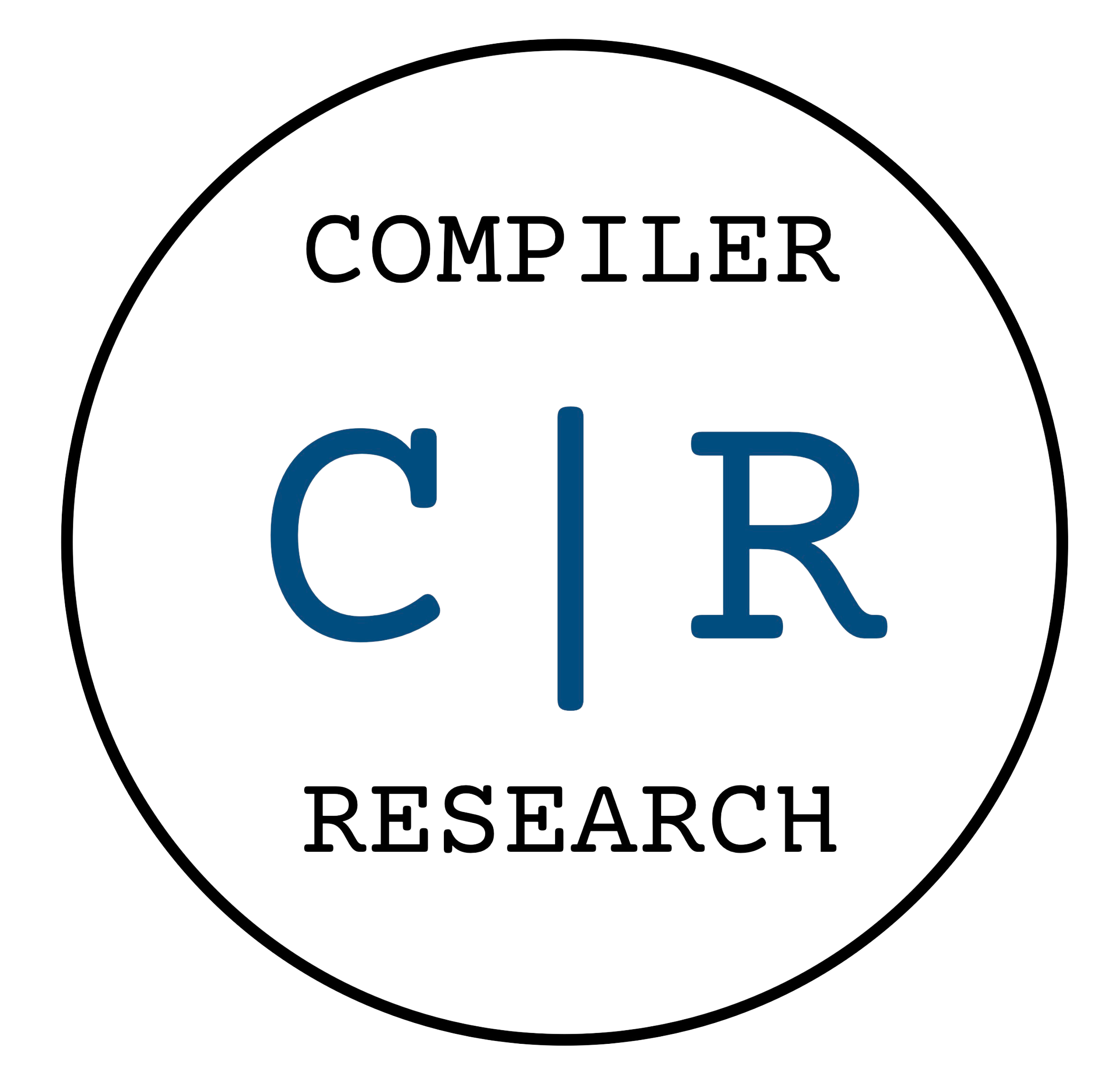Supporting STL Concurrency Primitives in CLAD
About me
I am Petro Mozil, a student participating in the Google Summer of Code program in 2025. I will work on adding support of STL concurrency primitives to CLAD.
Problem description
Clad is a plugin for automatic differentiation for the clang compiler.
Automatic differentiation is a term for multiple techniques of deriving a mathematical function analytically. Some of the ways of doing this include simply calculating the derivative numerically or by deriving a function by a set of rules, symbolically.
Clad provides an interface that returns an object that contained the derivative of a given function. There might be problems with some functions, if they are to be derived. For example, one would not derive printf, and neither would they derive std::tread - those are exceptions, and should be handled differently from mathematical functions.
The main goals of this project are to implement support for automatically derive functions that contain std::thread so that the user wouldn’t have to separate the multi-processing logic from the mathematical functions - such a feature would be a great time-saver for production of multi-processing code.
Objectives
The objectives for this project include adding support for multiple objects in STL, such as std::thread, std::atomic, std::mutex.
The first, and, likely, most important part of the project is to add support for std::thread - this will include deriving not the std::thread constructor, but deriving the function supplied for the thread.
Support for mutexes is a bit more straightforward - though clad creates a second object to represent the derived value, it shouldn’t do so for a mutex. It is a matter of having a custom derivative for std::mutex.
Atomics will likely involve more effort - they would require custom derivatives for compare_exchange functions as well as their methods.
If time allows, I would also like to add support for std::condition_variable, std::lock_guard, std::unique_lock and std::jthread, and most of those would also only involve a custom derivative.
Conclusion
A a result of this project, support for the concurrency primitives is expected. Clad should seamlessly derive functions with concurrency primitives in them.
Though this project does not focus on features immediately required from clad, it should result in making easier the lives of those, who use clad for high-perf computing.





